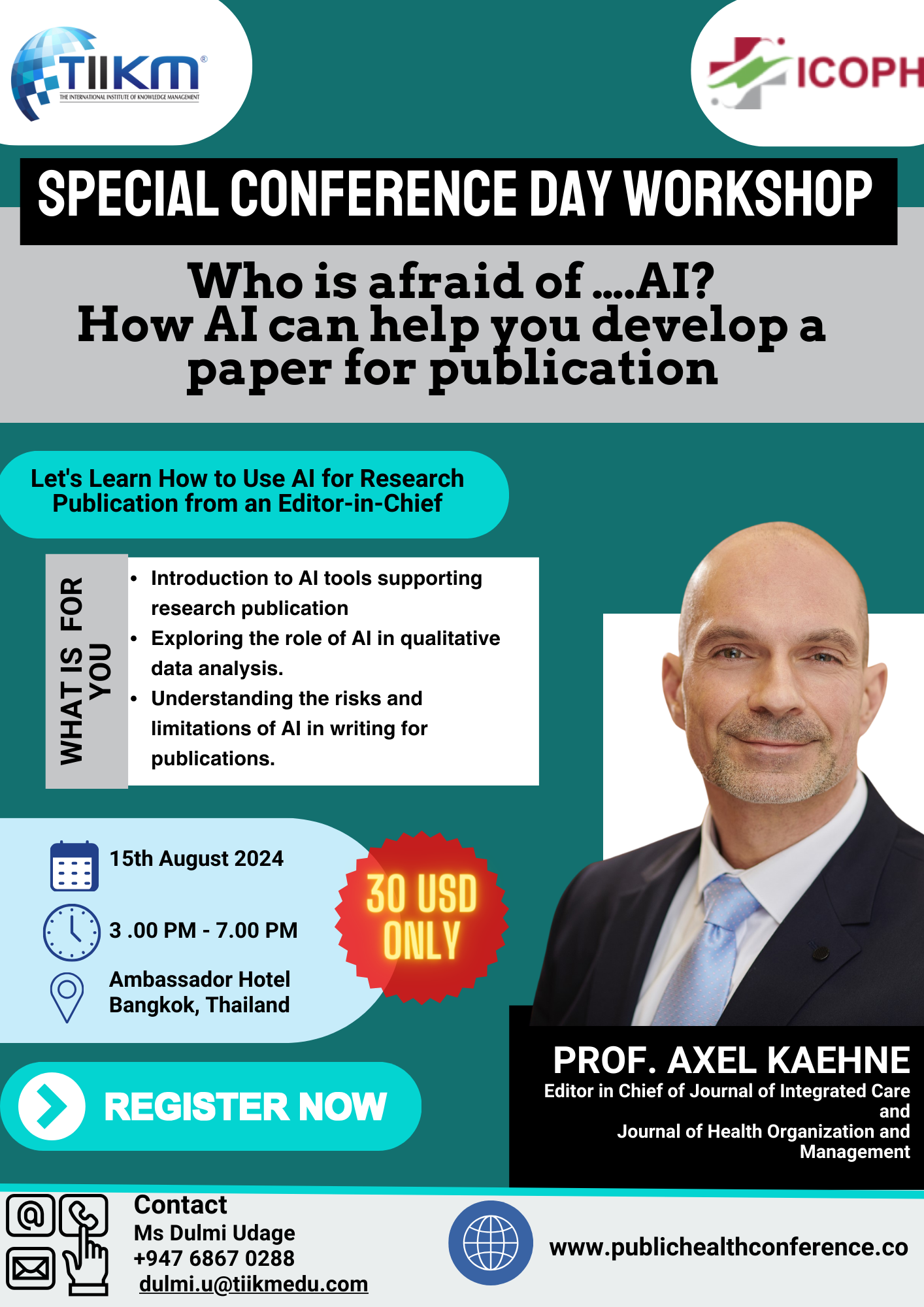Making Your Data Reusable: A Guide to Improving Data Publishing Practices

In the digital age, data has become a cornerstone of research, driving innovation and discovery across various fields. However, simply collecting data isn’t enough; ensuring its reusability is equally crucial. In this article the authors highlight key points to enhance data publishing practices.
- FAIR Principles: The FAIR principles – Findable, Accessible, Interoperable, and Reusable – serve as a framework for guiding data management and publication. Embracing these principles fosters transparency, accessibility, and collaboration in research endeavors.

- Data Sharing Culture: Establishing a culture of data sharing is imperative for advancing scientific knowledge. Researchers should view data as valuable assets meant to be shared with the scientific community, rather than hoarded for individual use.
- Data Documentation: Comprehensive documentation is essential for making data reusable. Metadata describing the dataset’s content, structure, and context enables others to understand, interpret, and utilize the data effectively. Standardized metadata formats facilitate interoperability and enhance discoverability.

- Data Repositories: Utilizing reputable data repositories ensures the long-term preservation and accessibility of research data. These repositories offer secure storage, version control, and persistent identifiers, safeguarding data integrity and facilitating data citation.
- Licensing and Permissions: Clear licensing and permissions enable researchers to specify how their data can be accessed, used, and reused by others. Creative Commons licenses offer a flexible framework for defining reuse permissions while promoting collaboration and knowledge dissemination.

- Data Quality Assurance: Ensuring data quality is paramount to its reusability. Adopting rigorous data validation processes, addressing missing or erroneous data, and documenting data cleaning procedures enhance the reliability and credibility of research findings.

- Community Engagement: Engaging with the scientific community fosters collaboration, feedback, and validation of research findings. Participating in data-sharing initiatives, attending conferences, and joining online forums facilitate knowledge exchange and promote best practices in data publishing.
- Educational Initiatives: Educating researchers about data management best practices and the importance of data sharing cultivates a culture of responsible data stewardship. Training programs, workshops, and online resources empower researchers to effectively manage, publish, and reuse research data.
In conclusion, prioritizing data reusability is essential for advancing scientific discovery and innovation. By embracing the FAIR principles, fostering a culture of data sharing, and implementing robust data management practices, researchers can maximize the impact of their work and contribute to a more open and collaborative research ecosystem.
Through concerted efforts and collective commitment, we can realize the full potential of research data as a catalyst for transformative discoveries and societal progress. Let’s make our data FAIR and empower future generations of researchers to build upon our collective knowledge for the betterment of humanity.
Subscribe Us
Join the mailing list to receive all updates and news from TIIKM Publishing
Copyright © 2022 TIIKM Publishing, All Rights Reserved. | Designed by TIIKM – IT Team








